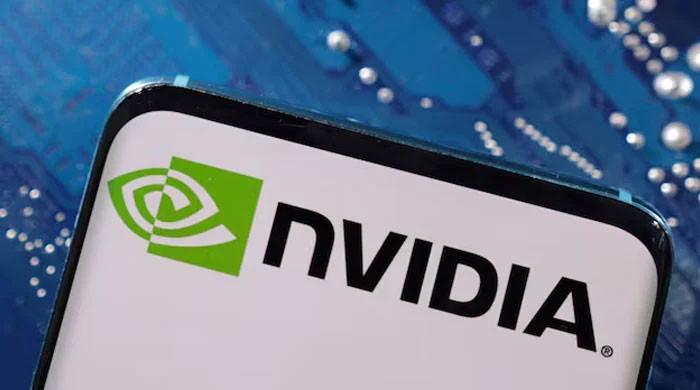Elon Musk's Controversial Support for Germany's AfD
Elon Musk's public endorsement of the German right-wing party AfD has stirred controversy amid accusations of political interference as the country approaches pivotal elections.
Published January 14, 2025 - 00:01am

Image recovered from washingtonexaminer.com
Tech billionaire Elon Musk has made headlines once again by voicing strong support for Germany's Alternative for Germany party, known as AfD. In a live interview with AfD co-chairwoman Alice Weidel, Musk emphasized his belief that AfD is the sole savior of Germany's political landscape. This statement has ignited debates on both national and international platforms, highlighting the rising influence of right-wing ideologies in European politics.
The conversation, held on Musk's social network platform X, drew an audience of around 200,000, capturing global attention due to Musk's involvement and the implications of his support for AfD, a party known for its nationalist and anti-immigration stance.
Alice Weidel, a prominent figure in Germany's right-wing politics, engaged in a dialogue with Musk that spanned various contentious issues, from Germany's energy policy and immigration to the role of government. Weidel criticized former Chancellor Angela Merkel's policies, especially around immigration and the shift to green energy, claiming they have damaged Germany's economic stability. Musk, while a proponent of solar energy, concurred with Weidel on the disadvantages of closing nuclear power plants.
Musk's endorsement of AfD, and his claim that the party alone can save Germany, has sparked concerns about foreign intervention in German politics. The timing is crucial as Germany prepares for parliamentary elections next month. AfD is currently polling as the third-most popular party, trailing behind center-right Christian Democratic Union and Christian Social Union.
Furthermore, Musk's remarks and active promotion of AfD have led to investigations into whether his actions constitute illegal political funding, as German law prohibits third-party electioneering from non-EU entities. Concerns are heightened by Musk's influential online presence, with many critics arguing that his statements could sway the election outcome.
The European Union has been closely monitoring Musk's activities due to ongoing evaluations of his platform's compliance with the Digital Services Act. The intervention of Musk in European politics via social media has raised questions regarding the regulation of platforms that potentially affect election dynamics and civil discourse.
Simultaneously, protests erupted as AfD held a congress in Riesa, Germany. Thousands demonstrated against the party, condemning its far-right policies and expressing fears of rising xenophobia. The protests turned violent when police intervened with tear gas and batons, reflecting the social divide and tension surrounding AfD's growing popularity.
Alice Weidel, recently nominated as AfD's candidate for Chancellor, has been at the forefront of the party's campaign, advocating for controversial policies like 'remigration,' aimed at deporting foreign residents. Despite her progressive personal life, Weidel's political agenda aligns with AfD's staunch anti-immigration and pro-Russia policies.
The alignment between Musk and Weidel has further solidified AfD's image on the international stage. However, this support is not without backlash. German politicians, including SPD's Olaf Scholz and CDU's Friedrich Merz, have criticized Musk's involvement, labeling it as inappropriate exertion of influence for a party with extremist ties.
Ultimately, the endorsement of AfD by a figure like Musk marks a significant moment in the intersection of technology, social media, and politics. As Germany approaches its elections, the ramifications of this alliance may influence the broader landscape of European right-wing politics, challenging traditional political structures and alliances.







